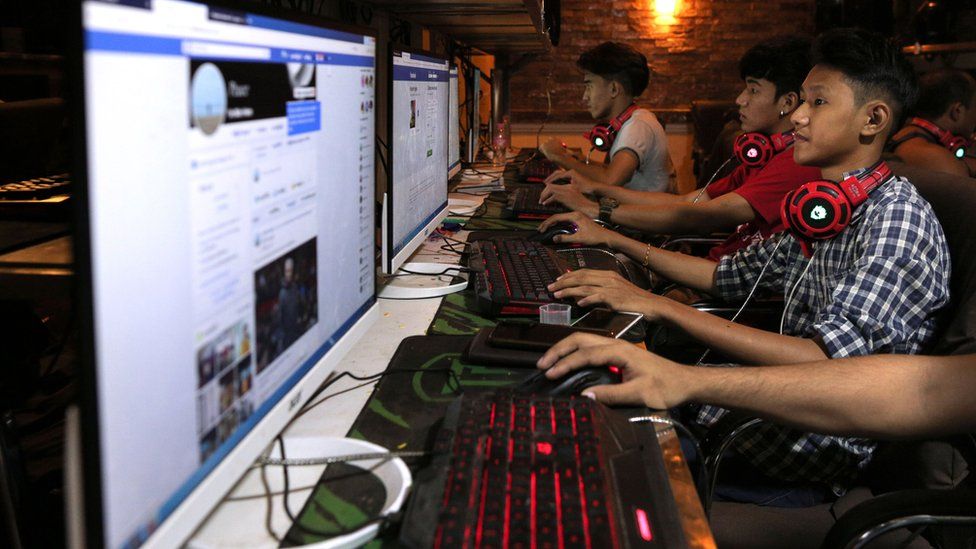It has been reported that the military government of Myanmar’s arrested at least three protesters on Thursday hours after it blocked Facebook and other social media platforms in a bid to quell dissent after detaining the country’s elected leaders and seizing power in a coup that the United Nations chief said must fail.
Facebook, used by about half Myanmar’s 53 million people, has been used as a key platform for opposition to Monday’s coup with photos of civil disobedience campaigns and nightly pot-and-pan protests widely shared.
The Ministry of Communications and Transport said the restrictions would remain in place until the 7th of February.
“Currently the people who are troubling the country’s stability … are spreading fake news and misinformation and causing misunderstanding among people by using Facebook,” the ministry said in a letter.
The police action comes after the street protest erupted in the second-biggest city Mandalay against the coup that ousted democratic leader Aung San Suu Kyi.
Video on Facebook showed around 20 people outside Mandalay Medical University, according to Reuters. One banner read “People protest against the military coup”.
To silence the online activity
The move to silence online activity came necessary after police filed charges against former leader Suu Kyi, who has not been seen since she was detained in the early hours of Monday morning, for illegally importing communications equipment, and as the United Nations said it was doing all it could to mobilize an international response to the military takeover.
The UN Security Council called for the release of Suu Kyi and others who were detained and voiced concern over the state of emergency. But it stopped short of condemning the coup.
Council members include China and Russia, who have traditionally shielded Myanmar from significant council action. China also has a big economic interest in Myanmar.


